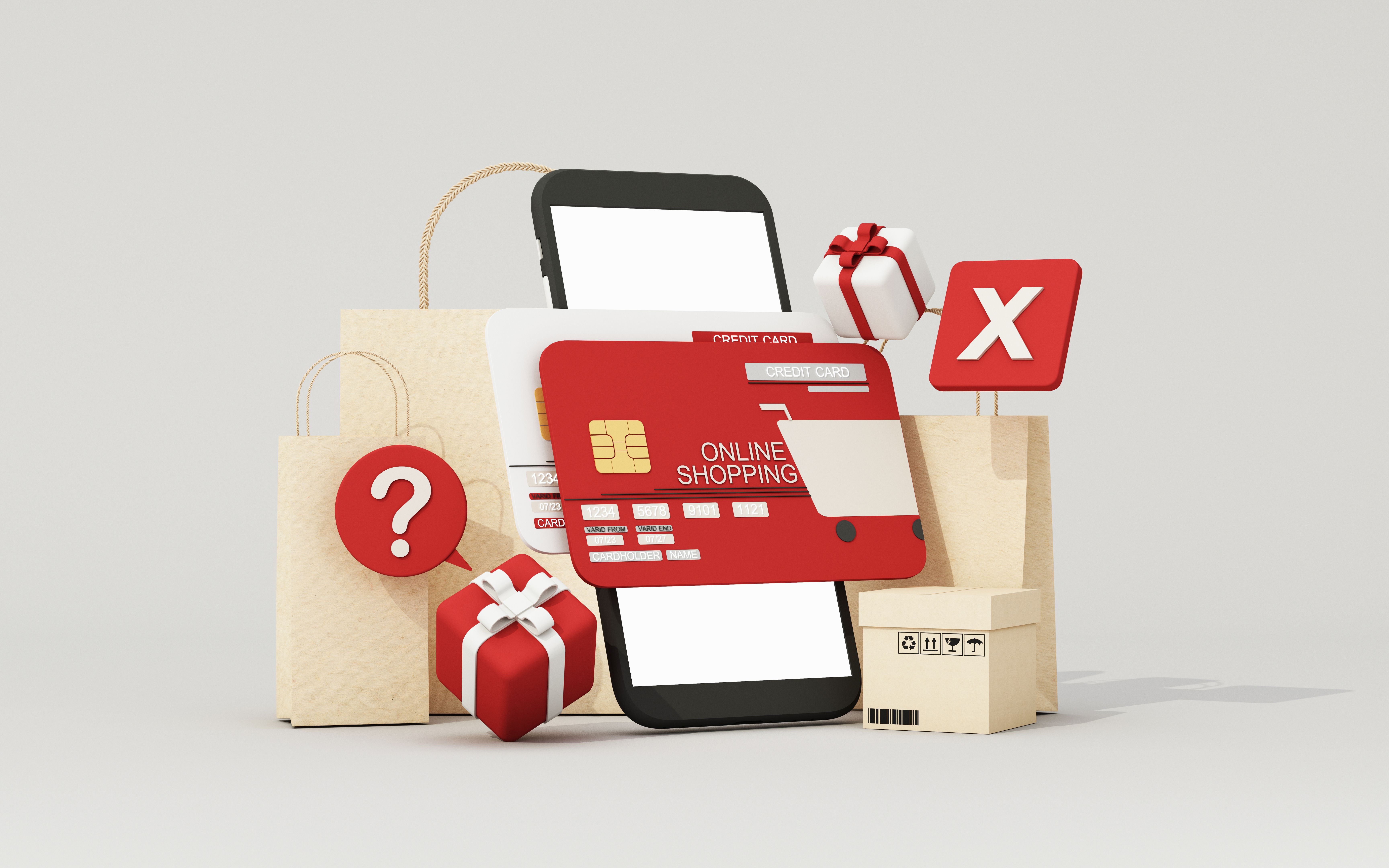Why You Should Avoid Purchasing from Unknown Websites
RR
Understanding the Risks of Unknown Websites
In today's digital age, where e-commerce has become an integral part of our lives, it's crucial to be cautious about where we shop online. While the internet offers a plethora of shopping options, not all websites are created equal. Purchasing from unknown websites can expose you to various risks that could compromise your financial and personal security.
One of the primary risks associated with unknown websites is the potential threat of fraud and scams. These sites may appear legitimate, but they often lack the security protocols necessary to protect your sensitive information. When you enter your personal and payment details on such platforms, you risk falling victim to identity theft or unauthorized transactions.

Lack of Consumer Protections
When you shop with well-known and reputable retailers, you usually benefit from consumer protections such as return policies and customer support. However, unknown websites might not offer these safeguards. This means if you receive a faulty product or if your order never arrives, you could be left without any recourse to get your money back or resolve the issue.
Moreover, these sites might provide misleading product descriptions and images, enticing customers to buy items that do not match their expectations. Without a reliable return policy, you could end up stuck with a product that doesn't meet your needs.

Quality and Authenticity Concerns
Another concern when purchasing from unknown websites is the quality and authenticity of the products. Many fraudulent sites sell counterfeit or substandard goods that fail to meet safety standards. This is particularly concerning when it comes to electronics, cosmetics, or health-related products that could pose serious risks if not properly manufactured.
Well-established brands invest in quality assurance to maintain their reputation, but unknown sellers might cut corners to maximize profits. As a result, you might find yourself paying for a product that doesn't last or, worse, causes harm.

Security Vulnerabilities
Your online safety is paramount, and unknown websites often lack robust security measures. Without proper encryption methods, your data could be intercepted by cybercriminals during transactions. This makes it easy for hackers to steal your credit card information, leading to unauthorized charges and financial loss.
Additionally, these sites might not adhere to privacy regulations, potentially selling your personal information to third parties without your consent. This can result in increased spam and even more significant privacy breaches.
Red Flags to Watch For
To protect yourself from these risks, it's important to recognize red flags when visiting unfamiliar websites. Look for secure website indicators, such as "https://" in the URL and a padlock icon in the address bar. Additionally, check for clear contact information and customer reviews to gauge the site's legitimacy.
If a website offers prices that seem too good to be true or demands payment via unconventional methods like wire transfers or gift cards, proceed with caution. These are often signs of fraudulent activity.
Conclusion: Shop Safely Online
While the allure of finding a great deal on an unknown website can be tempting, the potential risks far outweigh the benefits. By sticking to reputable retailers and practicing safe online shopping habits, you can protect yourself from scams and ensure a secure and satisfying shopping experience.
Remember, your financial security and personal information are invaluable. Always prioritize safety over savings when shopping online.
